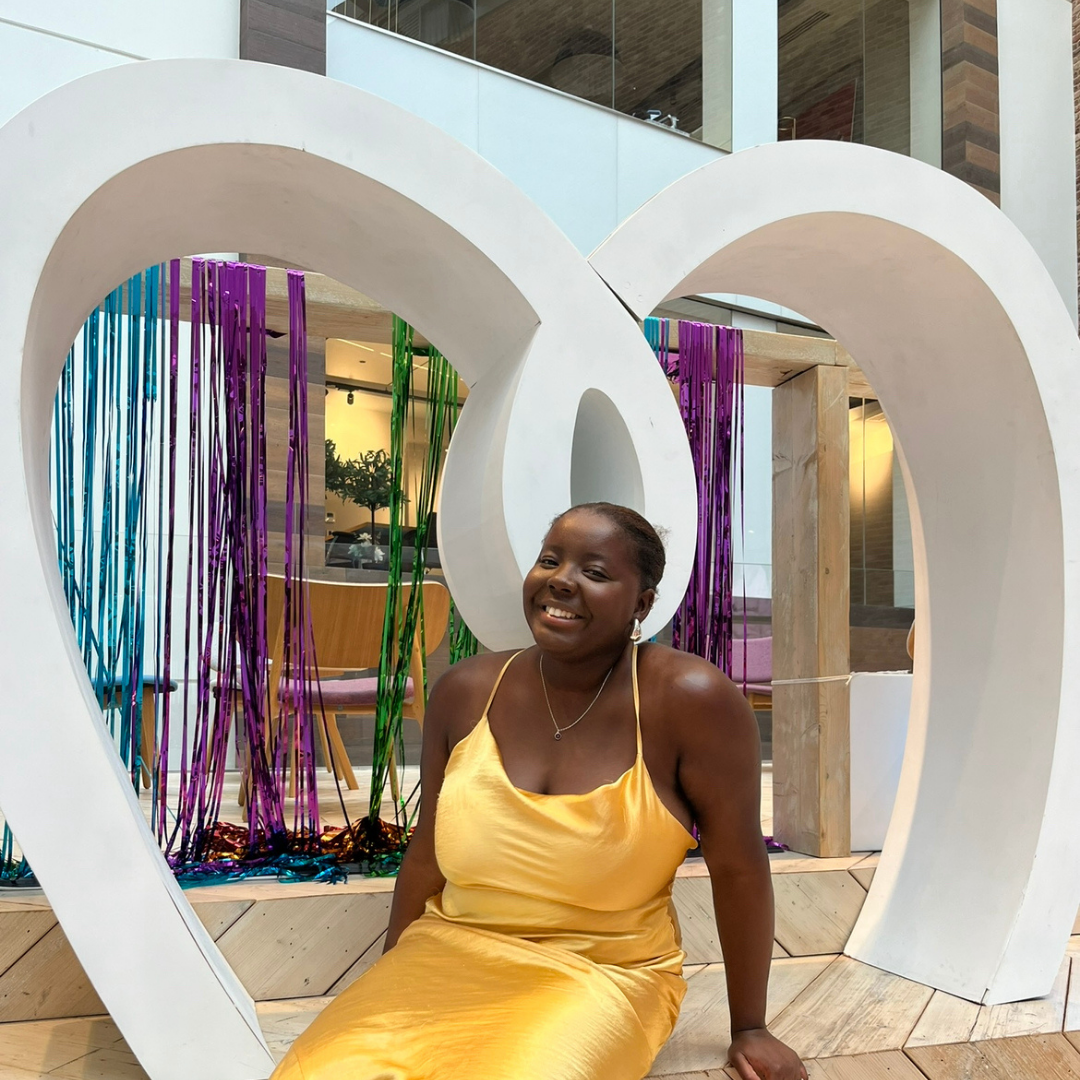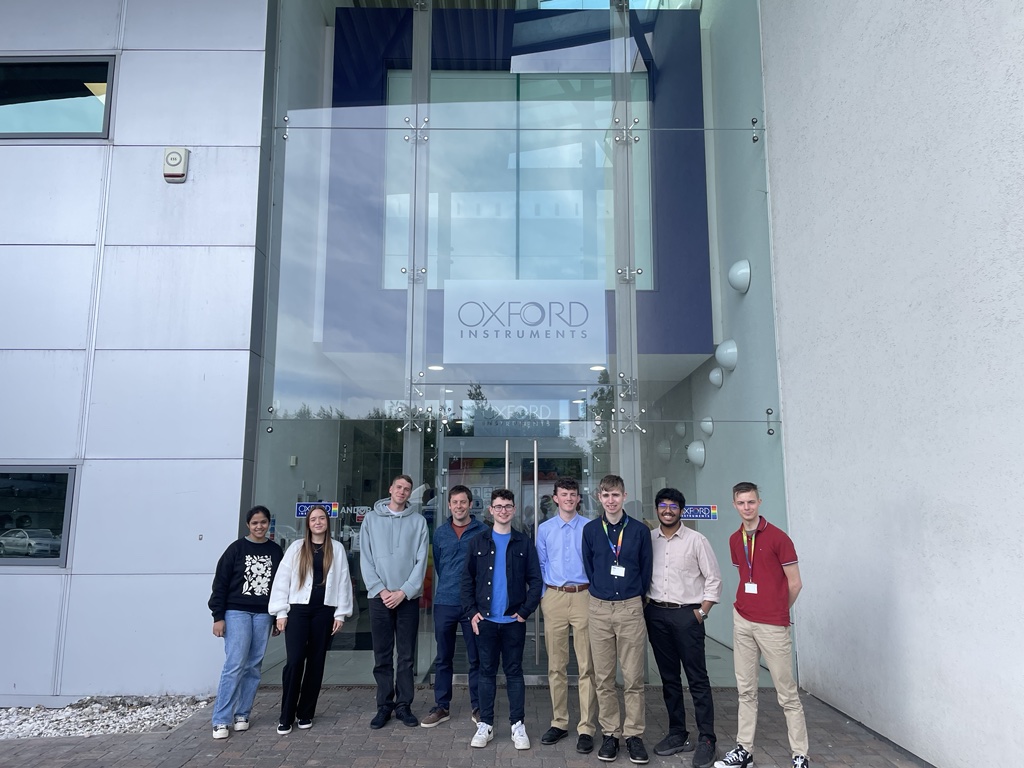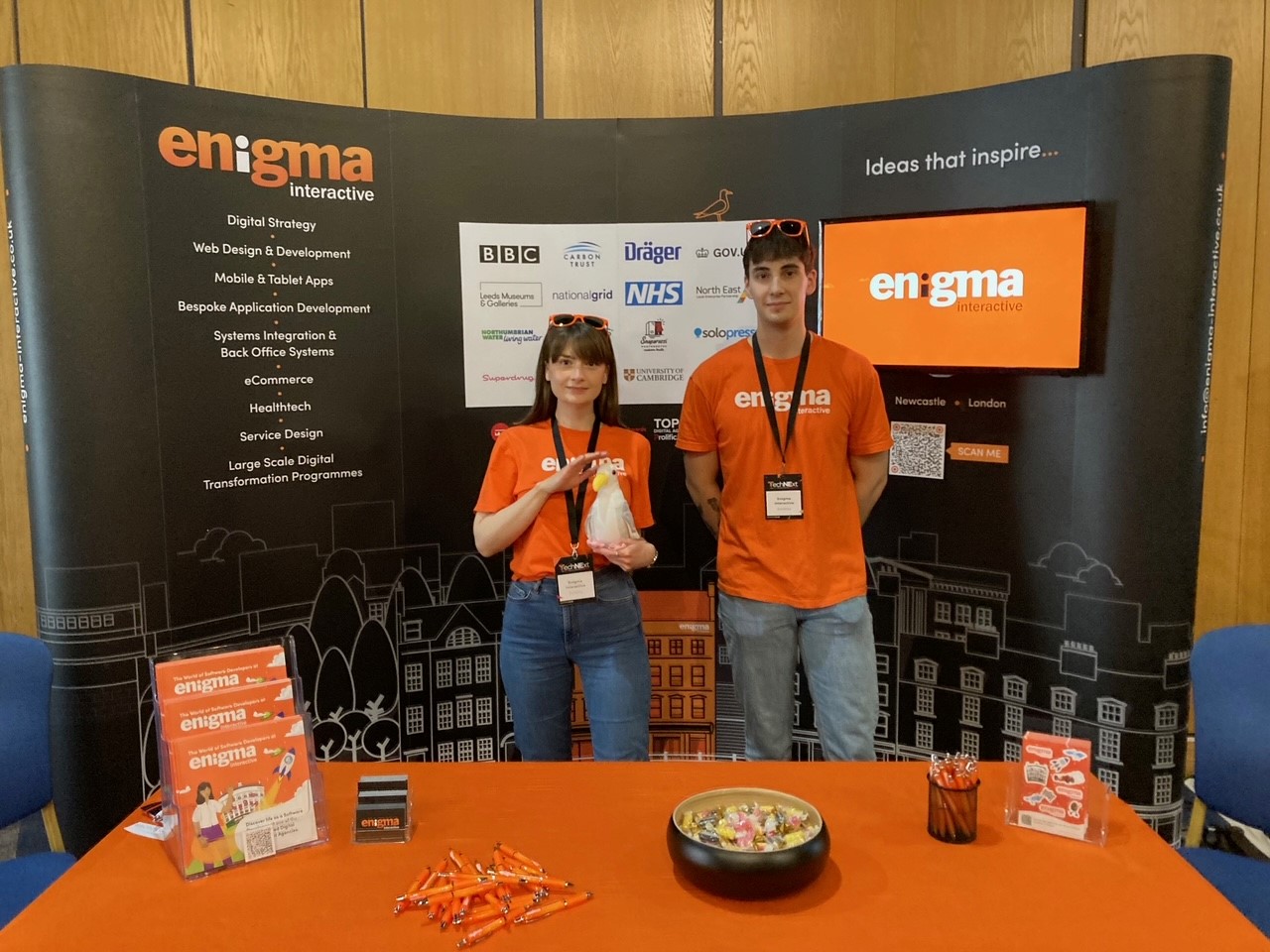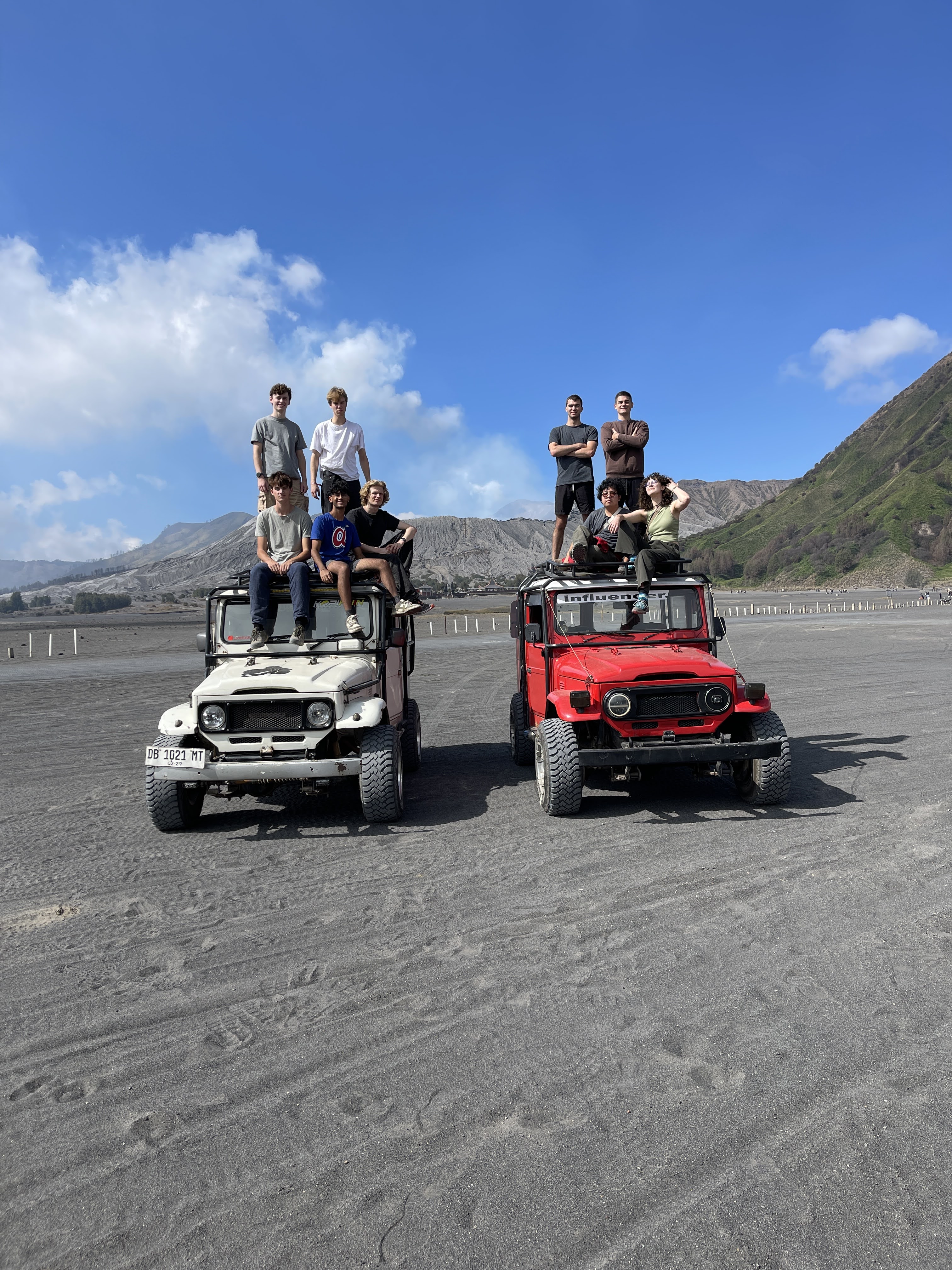Student name: Róisín Webb
Company: Primark
Role: Technology Trainee Digital Architecture – Cloud Security

Why did you decide to do a placement?
There were a few reasons I decided to do a placement. In particular, I wanted to gain industry experience and learn more about the opportunities I could get into after university. A placement year was the perfect way to gain a year’s experience to enhance my CV, and it was an added bonus to get paid.
The placement also helped me develop my technical and personal skills, including presenting, time management and communication.
What did your placement involve? What were your role responsibilities?
One of my key responsibilities was to regularly check the progress of the compliance of Primark’s ‘Security Baseline’ initiative. This involved working with an external company to make 2 to 5 policies compliant per sprint. I worked on improving the compliance score on Secure Score (Microsoft Defender for Cloud) to provide the required business risk reduction assurance. From December 2023 to July 2024, the score improved by 14%, which involved regular meetings (which helped improve my confidence as I lead these meetings) give guidance on remediation tasks and provide work packages.
I gained experience of monitoring through the Azure platform, and it was my obligation to ask for updates and push deadlines in our Stand Ups. As the representative for Primark, the responsibility was significant, and I was the first point of contact for the third-party partner to raise any issues or problems.
I produced a Low-Level Infrastructure Document, which taught me a range of technical skills, as I got to see real configurations being implemented. I also learned business skills by reaching out to colleagues for peer reviews and approvals.
I created a Security Operations landing zone in Azure, which involved reaching out to different colleagues, presenting to them, and improving my Visio skills and knowledge of Azure Services. The creation of the landing zone also helped develop my project management skills, as I drafted a project plan for implementation. Using the Azure Pricing Calculator was very insightful for gaining knowledge about the pricing side of implementing services.
Do you have any advice to students who are looking for / applying for a placement?
- You don’t need to know everything going into the year – the company are there to teach you but also learn from you.
- Don’t apply to loads of places for the sake of it: apply to what you’re interested in and tailor your CV to the role and the company.
- During your placement, be curious, ask questions and don’t be afraid to ask for help.
- Make use of the university’s careers service. You can get your CV checked, do practice assessments and practice with a mock interview.
When did you start applying? How many placements did you apply for?
I started applying in October 2022. I was quite lucky as I got the first placement I applied for.
What support did you have from the university before and during your placement?
During my placement, there was constant support if you needed it; my placement supervisor kept in touch with my by email and even visited me in Dublin to see how I was getting on and what I had achieved, as well as speaking to my manager about my progress.
How do you think your placement will benefit your final Undergraduate year and future career?
It taught me what I definitely don’t want to do, but also what I do want to do in the future! I now know I have a passion for cloud and cyber security, and this has helped to know what graduate jobs and schemes to apply for. It helped me develop both personally and professionally, and I will be able to use the skills I learnt during my placement year in the future, no matter the company I work for.
As for my final year, my placement helped me to choose which modules I want to do and informed my ideas for my dissertation topic.






